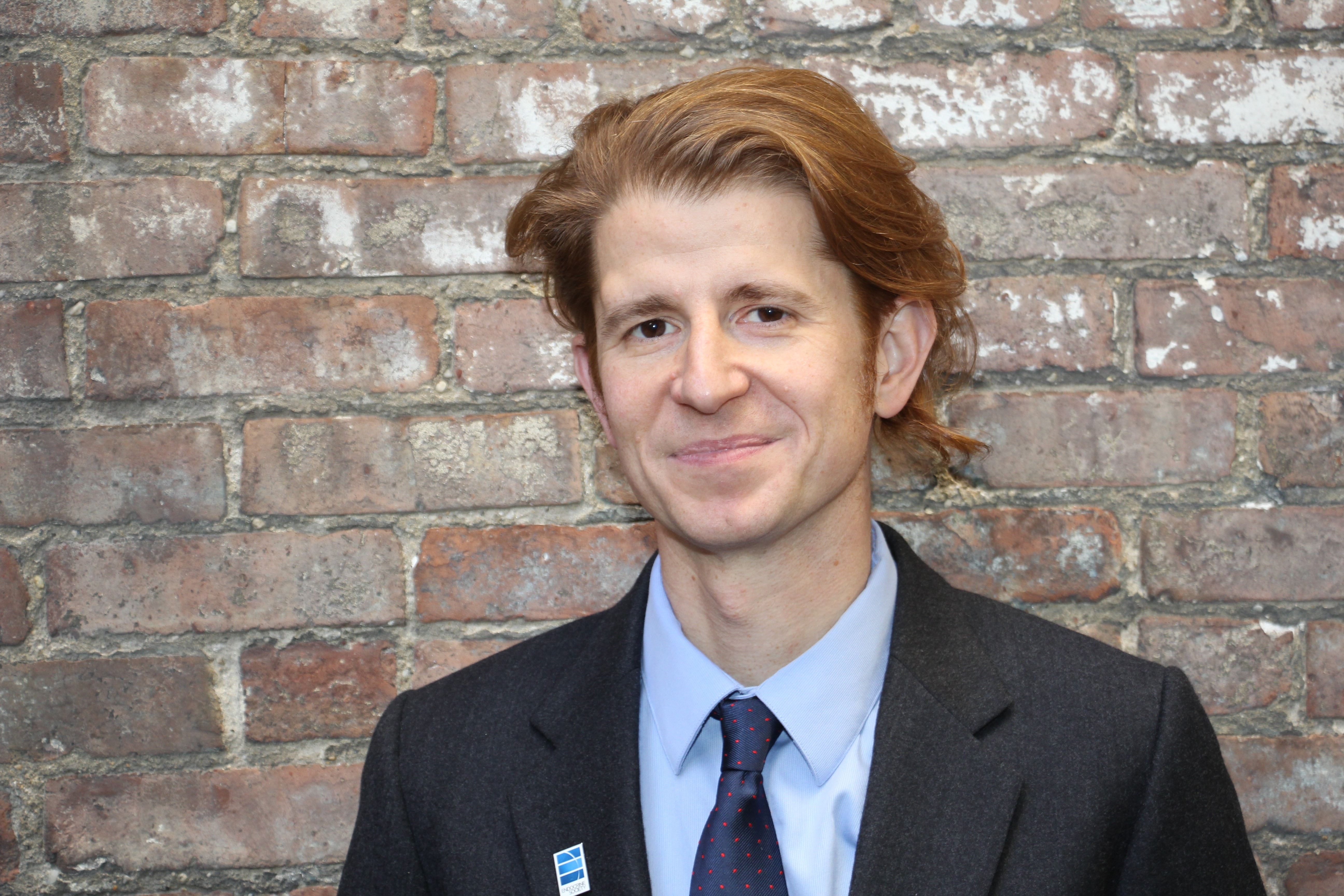What You Can Do Now
How can you reduce your exposure to pesticides? For starters, you can purchase and eat organic foods—fruits, vegetables, pasta, rice, milk, cheese, meats, and poultry. We are lucky to live in a world where organic foods are now readily available. Leafy greens and vegetables are the foods for which eating organic matters the most simply because you are eating the layer on which the pesticide is sprayed. No washing method is 100% effective for removing all pesticide residues.
But before you go rushing out to your grocery store, let me share a few details about how eating organically can make a difference. In one study from 2006 by Chensheng Lu and colleagues, who were then at Emory University, researchers followed a group of elementary-age children for 15 days, giving them only organic foods. The result? The scientists showed that “an organic diet provides a dramatic and immediate protective effect against exposures to organophosphorus pesticides that are commonly used in agricultural production.” They also could confidently conclude that the higher prestudy levels of pesticides in the children’s urine were due to exposure through the foods they were eating. 2 A more recent study, in 2015, by Asa Bradman and colleagues at the University of California at Berkeley also confirmed the effectiveness of an organic diet intervention in low-income urban and agricultural communities. Traces of organophosphate metabolite as well as the herbicide 2,4-D (which has been associated with non-Hodgkin’s lymphoma and sarcoma, a soft-tissue cancer) both dropped. 2
Eating organically makes an immediate, measurable difference. Just to be clear, I’m not talking about nutritional differences—these have been studied without convincing results. When you purchase a food that is labelled “organic,” you can be confident that it doesn’t contain any genetically modified organisms (GMOs). And though there still is some scientific debate related to the safety of GMO foods, I caution against their use, especially since some genetically modified crops have been treated with such herbicides as glyphosate. To be clear, genetic engineering in and of itself need not be an ill. It’s been disturbing to see the GMO debate become a genomic versus nongenomic debate. The tradeoffs are much more complex than how they have been framed by many who have financial gain at stake.
SICKER FATTER POORER© 2019 by Leonardo Trasande. Reproduced by permission of Houghton Mifflin Harcourt. All rights reserved.
For more information visit LeoTrasande.com.

